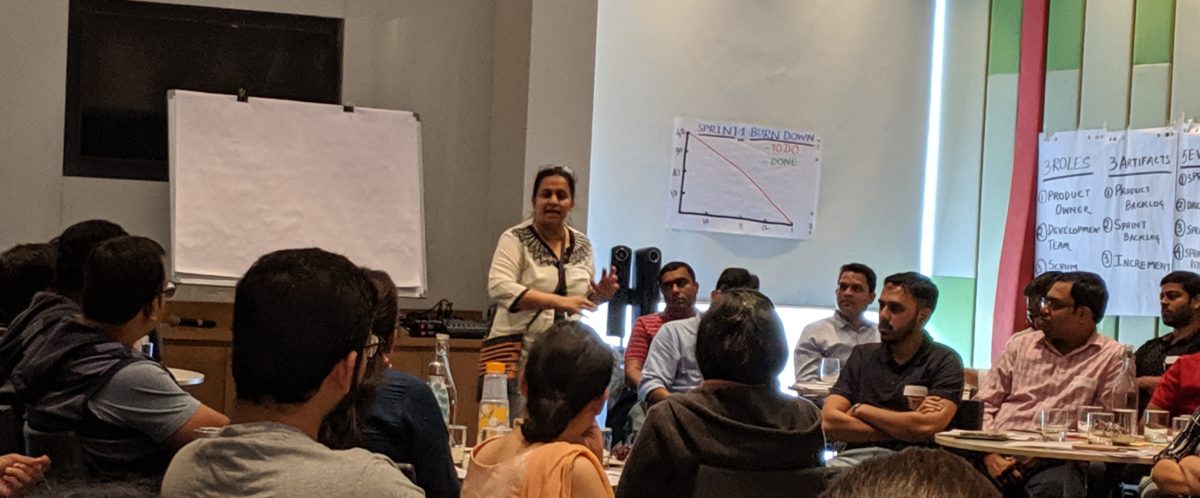Scrum is an iterative and incremental Agile product development framework for managing software projects and product or application development. Its focus is on “a flexible, holistic product development strategy where a development team works as a unit to reach a common goal” as opposed to a “traditional, sequential approach”. Scrum enables the creation of self-organizing teams by encouraging collaboration of all team members, and verbal communication among all team members and disciplines in the project. A key principle of Scrum is its recognition that during a project the customers can change their minds about what they want and need (often called requirements churn), and that unpredicted challenges cannot be easily addressed in a traditional predictive or planned manner. As such, Scrum is founded on Empirical Process Control Theory, or empiricism. Empiricism asserts that knowledge comes from experience and making decisions based on what is known. Scrum Employs an iterative, incremental approach to optimize predictability and control Risk.
